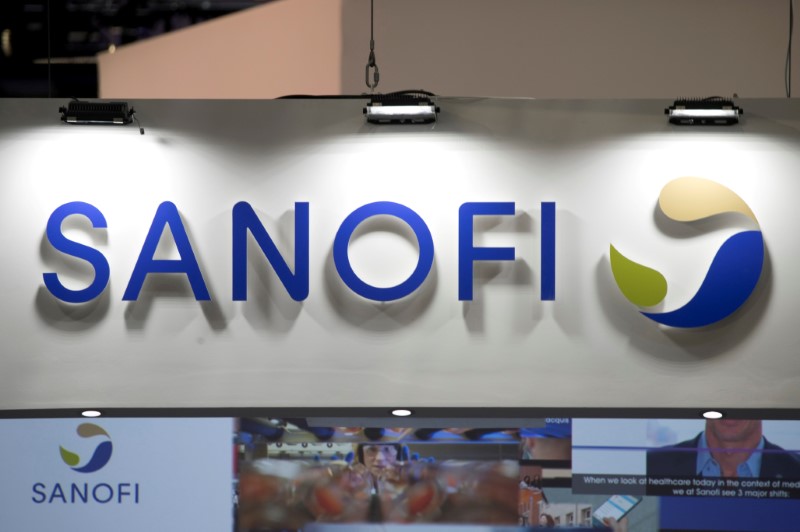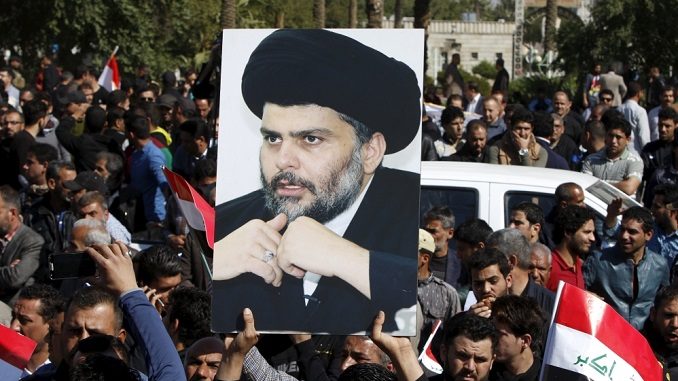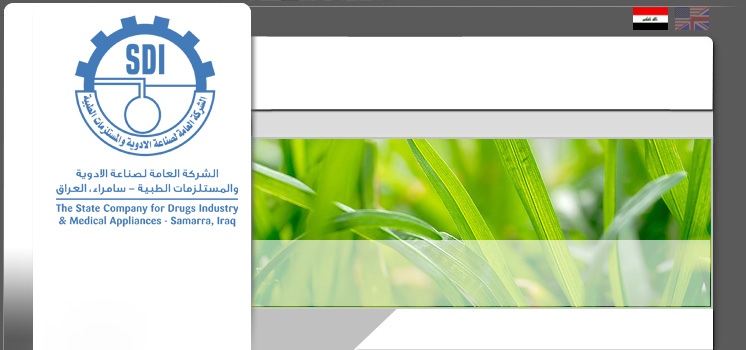The US Securities and Exchange Commission (SEC) announced that Paris-based pharmaceutical company Sanofi has agreed to pay more than $25 million to resolve charges that its Kazakhstan and the Middle East subsidiaries made corrupt payments to win business.
According to the SEC’s order, the schemes spanned multiple countries and involved bribe payments to government procurement officials and healthcare providers in order to be awarded tenders and to increase prescriptions of its products.
In the Middle East, various pay-to-prescribe schemes were used to induce healthcare providers to increase their prescriptions of Sanofi products.
In Iraq, for example, a healthcare professional (HCP) requesting samples of Taxotere in 2012 was also provided with consulting, speaking, and clinical trial fees over a period of years despite the lack of documentation of other support to demonstrate the services had been provided. Sanofi paid to the HCP the equivalent in local currency of USD 28,900 in consulting fees and, USD 5500 in speaking fees.
Sanofi also paid to the HCP USD 125,997 in clinical trial fees. The consulting fees were purportedly related to hosting events and training for HCPs in Iraq. No supporting documentation was found for any of the purported consultancy services. While the clinical trial fees were approved by Medical Affairs, the HCP has never provided reports of findings or observations.
The HCP, who provided the ostensible speaking, consulting, and clinical trial services to Sanofi, requested that the consulting and clinical trial fees be paid by check to an unrelated individual.
Sanofi accommodated the request to pay the unrelated individual without explanation or justification.
“Bribery in connection with pharmaceutical sales remains as a significant problem despite numerous prior enforcement actions involving the industry and life sciences more generally,” said Charles Cain, FCPA Unit Chief, SEC Enforcement Division. “While bribery risk can impact any industry, this matter illustrates that more work needs to be done to address the particular risks posed in the pharmaceutical industry.”
The SEC’s order finds that Sanofi violated the books and records and internal accounting controls provisions of the federal securities laws. Without admitting or denying the findings, Sanofi agreed to a cease-and-desist order and to pay $17.5 million in disgorgement, $2.7 million in prejudgment interest, and a civil penalty of $5 million.
The SEC appreciates the assistance of Fraud Section of the Department of Justice, the Federal Bureau of Investigation, and the Autorité des marchés financiers in France.
(Source: SEC)



